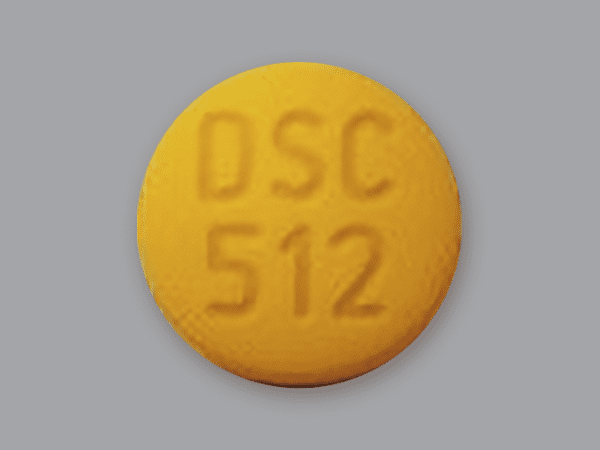Quizartinib and Alcohol/Food Interactions
There is 1 alcohol/food/lifestyle interaction with quizartinib.
Quizartinib High Blood Pressure (Hypertension)
Major Potential Hazard, Moderate plausibility
quizartinib - QT prolongation
Quizartinib prolongs the QT interval in a dose and concentration dependent manner. Due to the serious risk of QTc prolongation, quizartinib is contraindicated in patients with long QT syndrome, a history of ventricular arrhythmias or torsades de points, severe hypokalemia, or severe hypomagnesemia. Additionally, avoid use in patients who are at significant risk of developing torsades de pointes, including uncontrolled or significant cardiac disease, recent myocardial infarction, heart failure, unstable angina, bradyarrhythmias, tachyarrhythmias, uncontrolled hypertension, high-degree atrioventricular block, severe aortic stenosis, or uncontrolled hypothyroidism. Perform an ECG and correct electrolyte abnormalities before and during treatment as indicated, especially in high-risk patients or during concomitant use with strong CYP450 3A4 inhibitors or drugs known to prolong the QT interval. Do not initiate or escalate therapy in patients with QTcF interval greater than 450 ms; dose adjustments based on QTcF interval may be required.
Switch to professional interaction data
Quizartinib drug interactions
There are 554 drug interactions with quizartinib.
Quizartinib disease interactions
There are 2 disease interactions with quizartinib which include:
More about quizartinib
- quizartinib consumer information
- Check interactions
- Compare alternatives
- Side effects
- Dosage information
- During pregnancy
- Drug class: multikinase inhibitors
- Breastfeeding
- En español
Related treatment guides
Drug Interaction Classification
| Highly clinically significant. Avoid combinations; the risk of the interaction outweighs the benefit. | |
| Moderately clinically significant. Usually avoid combinations; use it only under special circumstances. | |
| Minimally clinically significant. Minimize risk; assess risk and consider an alternative drug, take steps to circumvent the interaction risk and/or institute a monitoring plan. | |
| No interaction information available. |
See also:
Further information
Always consult your healthcare provider to ensure the information displayed on this page applies to your personal circumstances.


